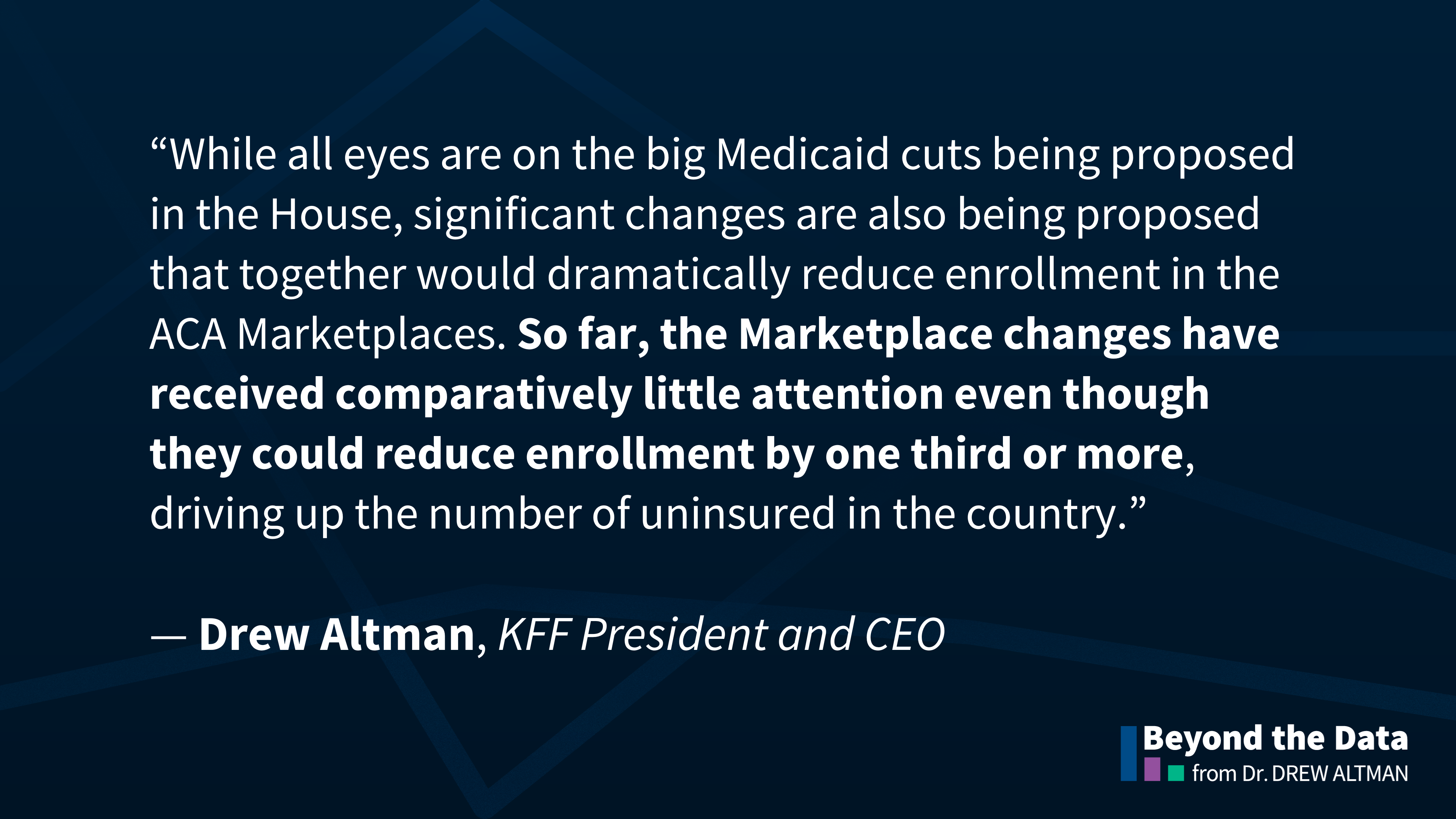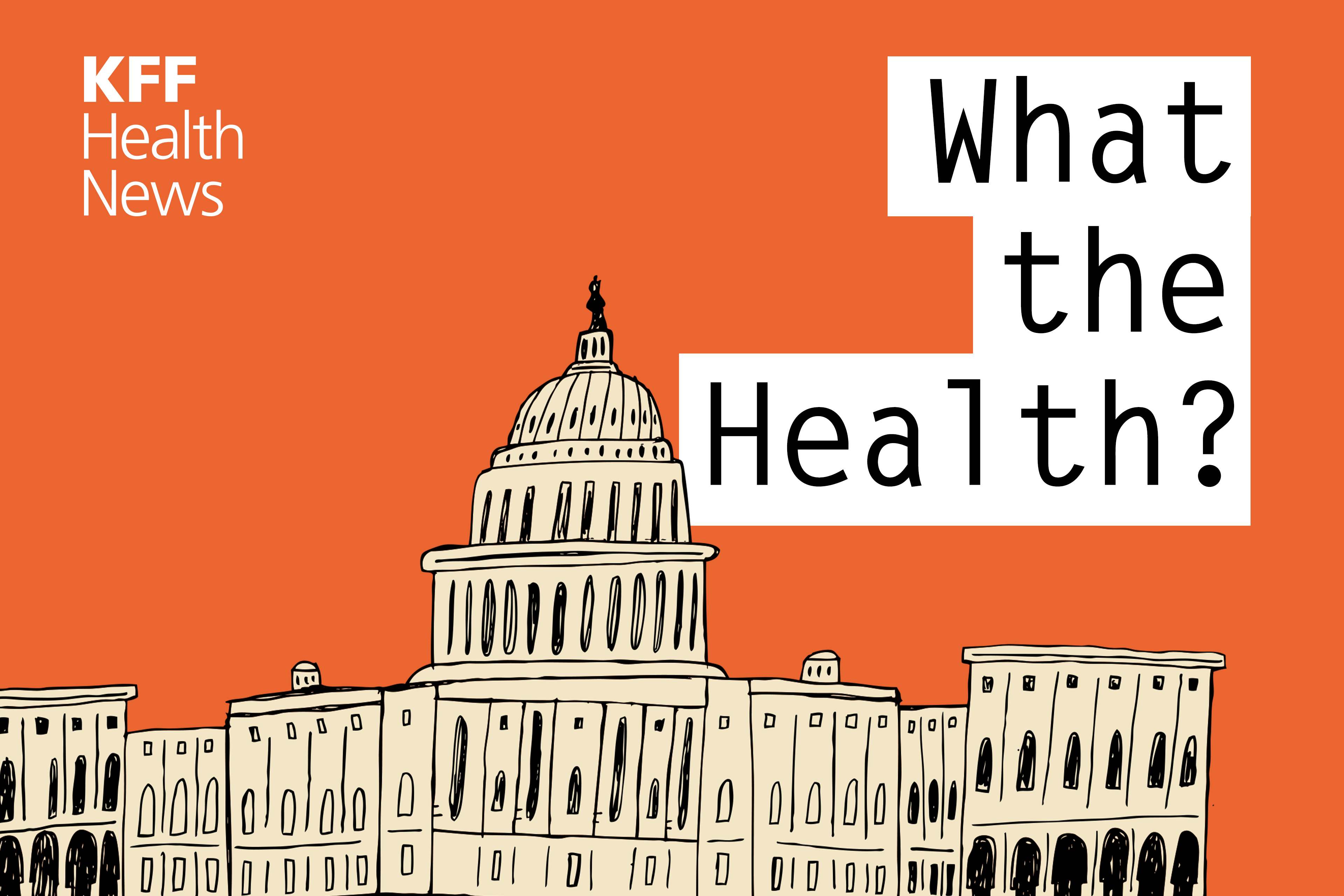10 Ways Women Could Be Affected by Repeal of the Affordable Care Act
Repeal of the Affordable Care Act could have a profound impact on women, as the law fundamentally changed women’s health coverage, benefits, and access to care.
The independent source for health policy research, polling, and news.
KFF’s policy research provides facts and analysis on a wide range of policy issues and public programs.
KFF designs, conducts and analyzes original public opinion and survey research on Americans’ attitudes, knowledge, and experiences with the health care system to help amplify the public’s voice in major national debates.
KFF Health News is a national newsroom that produces in-depth journalism about health issues and is one of the organization’s core operating programs.
This analysis of insurers’ initial rate filings for Affordable Care Act Marketplace plans in all 50 states and DC finds the median proposed increase for 2026 is 18%, more than double last year’s proposed increase. The analysis also shows proposed rate changes by state and insurer.

President and CEO Drew Altman shows how proposals contained in the House reconciliation bill could result in a one-third reduction in ACA Marketplace enrollment. “While all eyes are on the big Medicaid cuts being proposed in the House,” he writes, “significant changes are also being proposed that together would dramatically reduce enrollment in the ACA Marketplaces.”

Choose which emails are best for you.
Sign up here
Repeal of the Affordable Care Act could have a profound impact on women, as the law fundamentally changed women’s health coverage, benefits, and access to care.
The Kaiser Family Foundation’s interactive map now allows users to compare what consumers in each county would pay in health insurance premiums after tax credits in 2020 under the Affordable Care Act vs. the House GOP replacement plan, the American Health Care Act.
This inaugural Drew Altman column for Axios examines how the GOP House bill would impact deductibles for people who buy insurance in the non-group market. A KFF analysis for the column shows deductibles in a typical non-group plan would be about $1550 higher under the American Health Care Act compared to the Affordable Care Act.
On the seventh anniversary of the passing of the Affordable Care Act, this Data Note highlights five of the most common misconceptions surrounding the 2010 health care law.
This brief describes health and health care disparities today, highlights recent advancements in reducing disparities under the Affordable Care Act (ACA), and discusses how the American Health Care Act (AHCA) and proposed reductions in discretionary funding may affect ongoing efforts to address disparities.
Key Points from CBO Analysis of American Health Care Act Download…
A new brief from the Kaiser Family Foundation explains the role that Medicaid plays for nearly 7 million nonelderly adults with disabilities in the U.S. and explores what the American Health Care Act could mean for their health care and coverage.
This brief describes Medicaid’s role for nearly 7 million nonelderly adults with disabilities living in the community to help inform the debate about the American Health Care Act’s proposals to end enhanced federal funding under the ACA and reduce federal Medicaid funding under a per capita cap.
On March 9, the House Ways and Means Committee and Energy and Commerce Committee passed the American Health Care Act, the Republican leadership’s plan to repeal and replace the ACA. The Congressional Budget Office estimates that the House bill would reduce federal Medicaid spending by $880 billion over ten years by capping federal Medicaid spending and ending enhanced federal funding for Medicaid expansion adults. By 2026, federal Medicaid spending would be 25% lower than expected under current law, and 14 million fewer people would be covered by Medicaid than expected under current law. This brief considers five key Medicaid implications of the House bill.
House Republicans’ American Health Care Act and other actions under discussion by President Donald Trump’s administration and the new Congress could profoundly affect access to health care for many women.
© 2025 KFF



